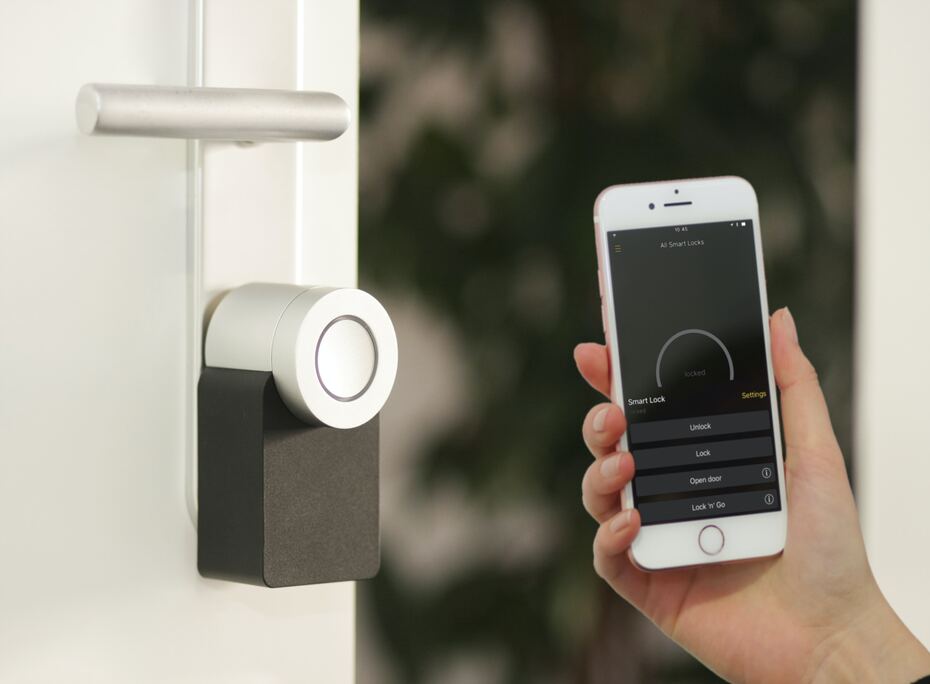Your home is your sanctuary, a place where you and your loved ones should feel safe and secure. However, in today’s world, it’s essential to acknowledge that risks to your home’s security do exist. From burglary to fire, and even natural disasters, various threats can jeopardize your home and the well-being of your family. This blog explores the significance of having a security system for your home and how it serves as an effective risk management strategy.
Understanding Risk Management
Risk management involves identifying, assessing, and mitigating risks to minimize their potential impact. In the context of home security, risk management means recognizing the potential threats your home faces and implementing measures to reduce the likelihood of those threats occurring and their potential consequences.
Home Security System: A Key Component of Risk Management
Deterrence:
The mere presence of a visible home security system, such as surveillance cameras, alarms, and signs, can act as a powerful deterrent to would-be intruders. Knowing they are being watched or that an alarm will sound can discourage criminals from attempting a break-in, reducing the risk of burglary.
Early Warning:
A home security system provides early warning of potential threats. For instance, motion sensors, door/window contacts, and smoke detectors can quickly detect unusual activity, break-ins, or fires. This early warning allows you to take prompt action or alert authorities, minimizing damage or loss.
Notification and Alerts:
Modern security systems are often connected to monitoring services that can notify you and emergency responders when an alarm is triggered. Whether you’re at home or away, this ensures that help is dispatched promptly in the event of an emergency.
Remote Monitoring:
Many security systems offer remote monitoring capabilities through mobile apps or online platforms. This allows homeowners to keep an eye on their property in real-time, even when they are not physically present. Remote monitoring enhances your ability to respond quickly to potential risks.
Fire and Environmental Protection:
Home security systems often include features that protect against fire and environmental risks. Smoke detectors, carbon monoxide detectors, and water sensors can detect hazards and alert you, helping prevent significant damage or harm.
Insurance Benefits:
Installing a home security system can often lead to reduced homeowner’s insurance premiums. Insurance companies view these systems as risk mitigation measures. They offer financial incentives to homeowners who take steps to protect their property.
Peace of Mind:
Perhaps the most valuable aspect of a home security system is the peace of mind it provides. Knowing that your home and loved ones are protected can reduce anxiety and stress related to security concerns, improving overall well-being.
Conclusion
A home security system is not just a set of devices; it’s a comprehensive risk management strategy designed to safeguard your home and family. By deterring potential threats, providing early warning, offering notification and alerts, enabling remote monitoring, and protecting against various risks. A security system can significantly reduce the risks associated with home security.
Investing in a home security system isn’t just about protecting your property; it’s about ensuring the safety and well-being of those you care about most. In an unpredictable world, having a reliable security system in place is a proactive step toward managing risks and enjoying peace of mind in your home.

